Preface
Almost as soon as I completed my first book, Scientific Parenting: What Science Reveals About Parental Influence , people started asking me when my next book would be coming out. I vividly remember one such conversation. I was excited to be interviewed about the book by Tralee Pearce of the Globe and Mail . I was thrilled to be talking about the successful culmination of a couple years hard work, only to realize (with a bit of dismay) that there had to be a part two. In my discussion with Tralee, she pointed out that Scientific Parenting was a book on why parenting was important and that what I needed to do next was write a book on how best to parent. I was inspired by Tralees question, if not a little overwhelmed at the apparent task ahead.
When I considered the follow-up book, I realized that I did not want to write yet another self-help book or argue that parents should adopt a certain style of parenting. So many books, magazines, and journal articles describe the various types of parenting, covering helicopter parenting, free-range parenting, tiger parenting, authoritative parenting, and attachment parenting, to name a few. The latest type, resilience parenting, is the new favourite of millennial parents who seek to encourage in their children effective coping with day-to-day life stressors in order to better prepare them for the world outside of the family fold.
While these parenting types garner a lot of media attention, you may be surprised to learn they are not generally taken seriously by social scientists who focus their careers on studying how parents affect their childrens development. The truth is, there is very little scientific study on how these types of parenting affect children. With the exception of Baumrinds four types of parenting authoritarian, authoritative, permissive, or neglectful there is little to no scientific basis to support any of these approaches and how they may affect child development. It is well established that Baumrinds authoritative style, characterized by clear limit setting and child monitoring, does link to more optimal child development over time. However, how an authoritative style happens in the earliest relationships with newborn babies (for example, limit setting) or how other contextual factors like everyday or chronic stress affect parents ability to be authoritative is not well understood. In my estimation, parenting styles are pop-culture characterizations at worst and philosophies of parenting at best, and are not scientifically validated.
What I wanted to do was write a book that objectively answered my long-standing question: What kind of parent am I? I wanted answers to questions such as How does my personal and family history affect how I parent? How do my current social circumstances affect how I parent? Is toxic stress affecting my parenting? What kind of support do I need? and Where can I get help to parent most effectively? After reading parenting advice books and studying parenting from every angle for over twenty years, knowing what kind of parent I am is something I should know a lot about. Yet before writing this book, I was still unsure. None of the parenting books I had read over the years had answered that question to my satisfaction they never seemed to apply to me and my parenting situation.
So what was the best way forward? I could ask my children what kind of parent they think I am. When they were younger, like so many young children, they likely would have hugged my legs and said that I was the best mom in the world. While melting my heart, this is not exactly an unbiased opinion. But at their ages now (teenager and young adult), I am sure they would first look at me like I am insane, then offer their standard sarcastic answers. While entertaining, this would not help answer my question. Alternatively, I could just keep doing my best and wait to see how they turn out. After all, if they grow up to be independent, get jobs, and attain and maintain healthy intimate relationships (dating partners, spouses) then I will feel that I have been successful. But I might always wonder if they would have done as well, in spite of me. Did what I do make a difference? It would be nice to know that I am on the right track, from more than just my observations of them.
I could ask my husband and he would likely be reassuring. I know we both try hard to be good parents and support and forgive each other in circumstances that are not always ideal. Family members, friends, colleagues, and others could be asked to venture their opinion, but again, it would be weird to ask. None of these options have ever felt very satisfying.


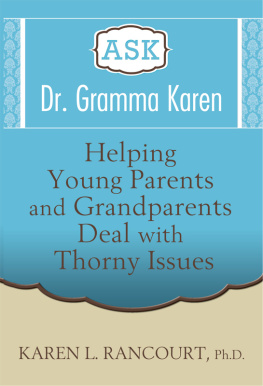
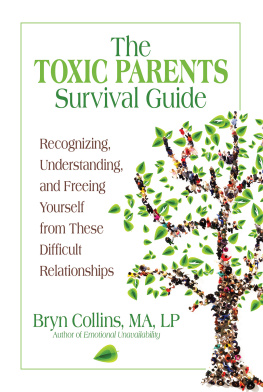
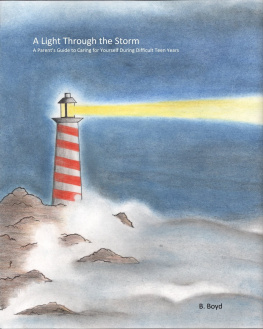
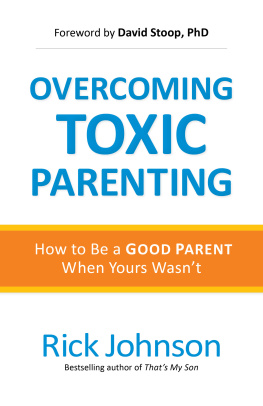
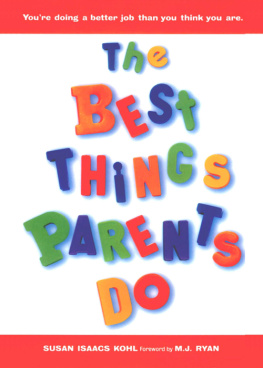
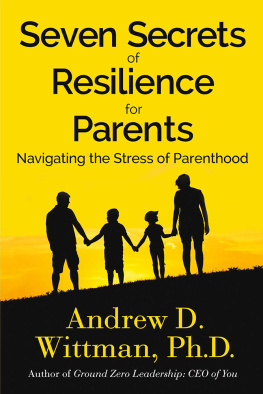
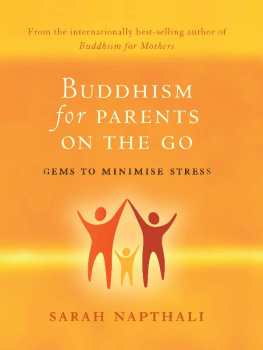
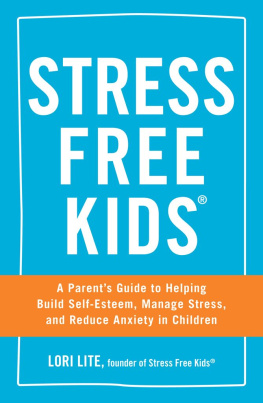
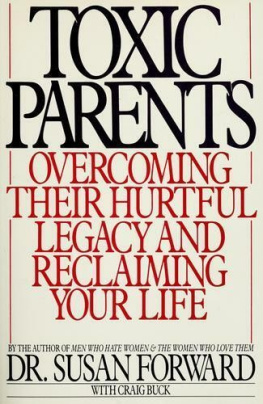
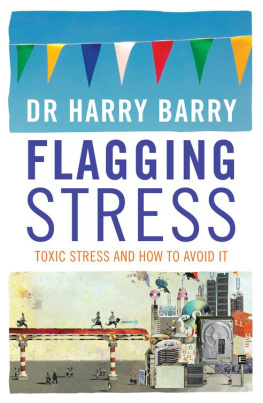
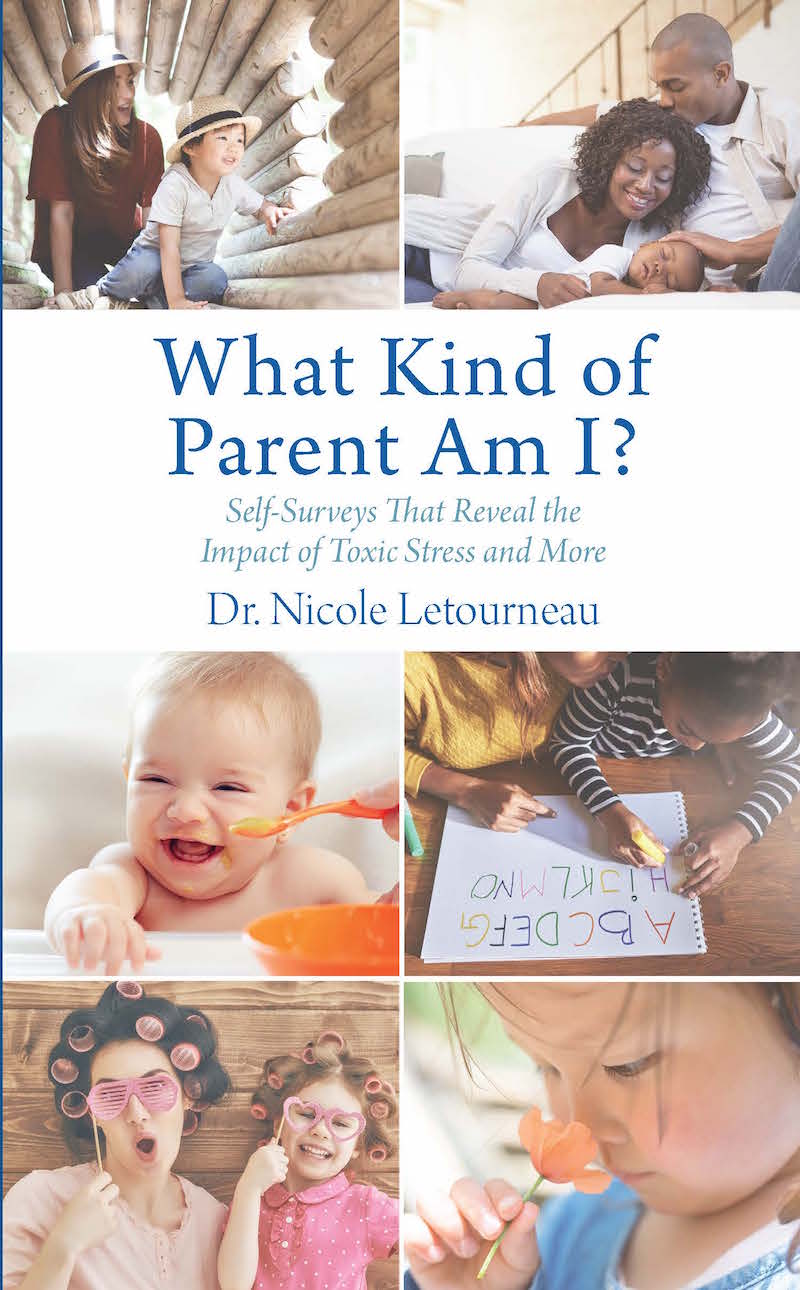

 dundurn.com
dundurn.com  @dundurnpress
@dundurnpress  dundurnpress
dundurnpress  dundurnpress
dundurnpress